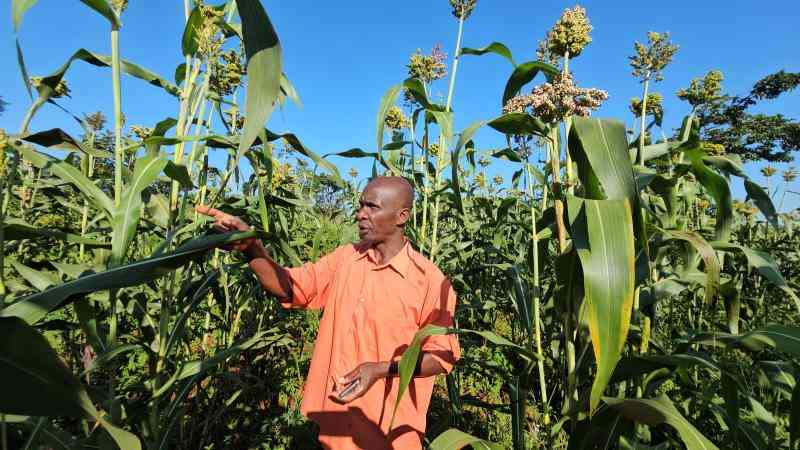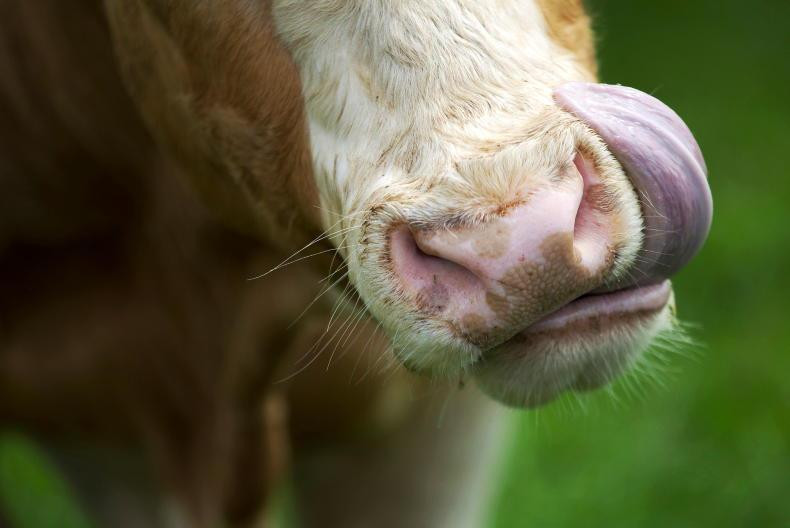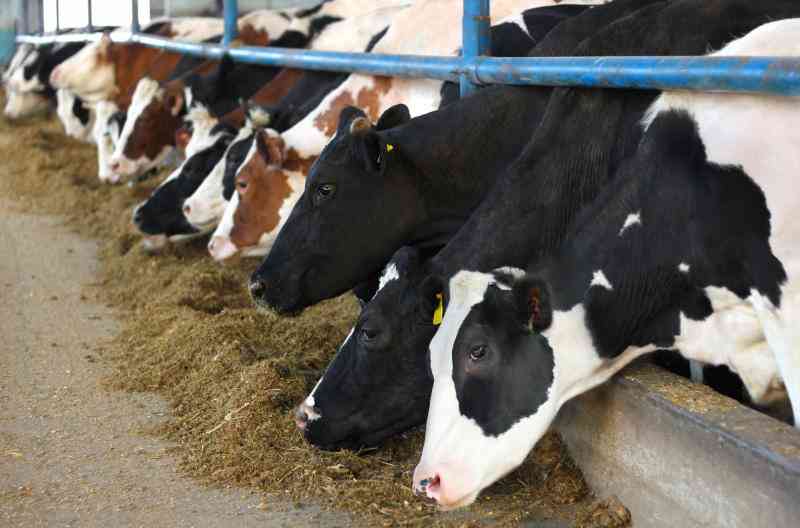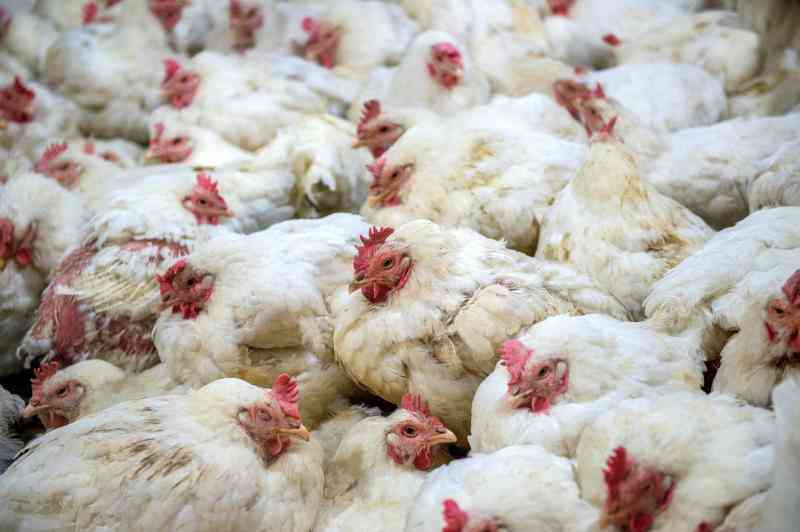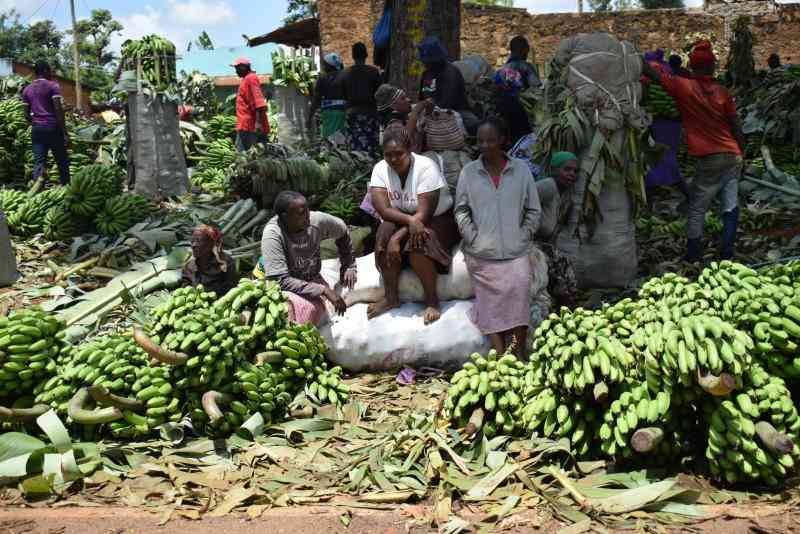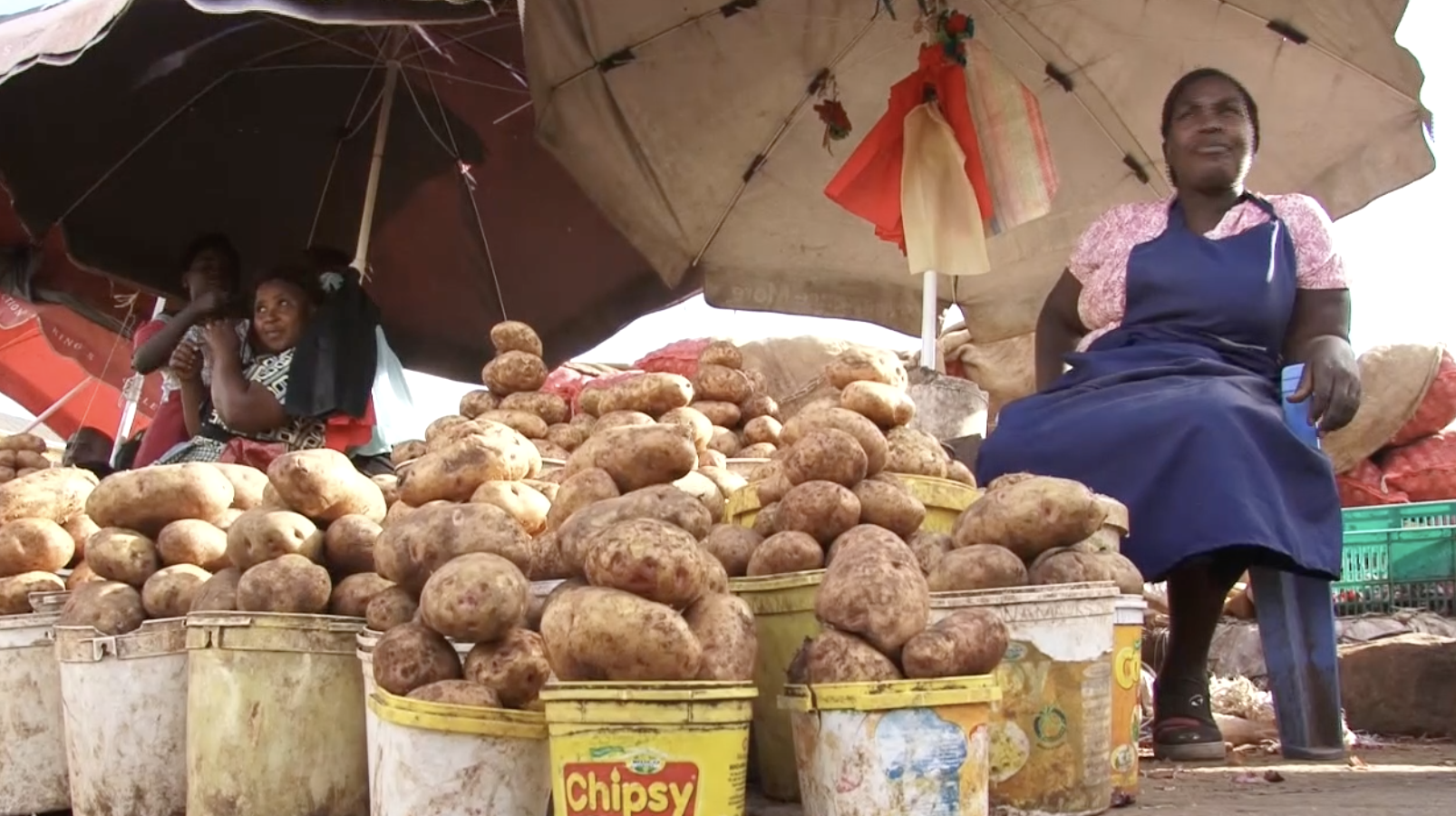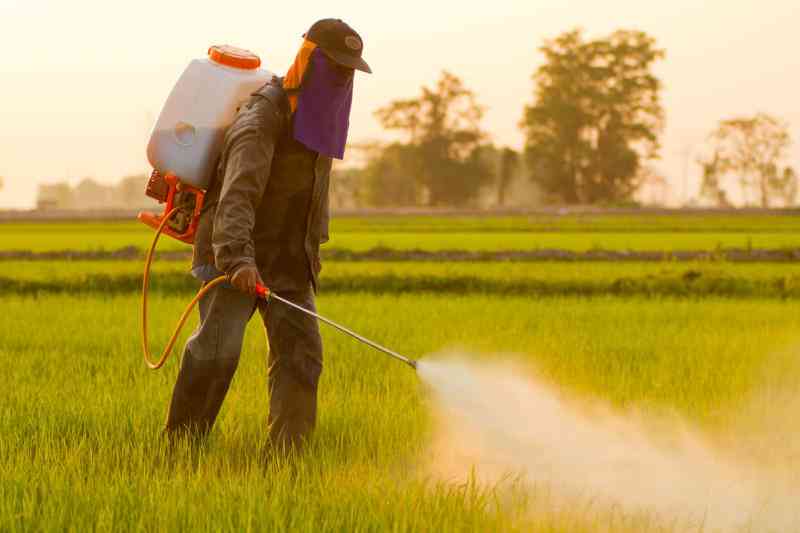
Dear Daktari, Thank you for your weekly advice on how we can improve farming. I am a farmer in Kitale, and I insist my farmhands buy the Saturday Standard to read the Smart Harvest and specifically your articles on livestock because there is always something to learn in there. I recently watched the news about a farmer who lost his entire herd after spraying his cattle with pesticides meant for tomatoes. I have also in the past read about another farmer who lost his herd after they broke into and grazed on wheat that had just been sprayed with herbicides.
Could you shed some light on animal poisoning from such incidents for the benefit of fellow farmers? [Alphonse Opiyo, Kitale]
Dear Alphonse, Thanks so much for being an ardent reader of Smart Harvest. I greatly appreciate it.
You are right that cases of agrochemical poisoning in livestock have been on the rise. Sadly, most of these accidents can be prevented with a little caution on the part of users of these chemicals.
It must be noted that agrochemicals are highly lethal compounds that should be handled carefully as they not only kill weeds and pests but can also kill human beings and animals.
Herbicides are chemicals used in crop agriculture to kill weeds pesticides on the other hand are chemical preparations used to kill crop pests. They kill the pests and weeds through various mechanisms that range from mere contact with weeds or pests to ingestion by pests. These weeds are also animal feeds and can turn out to be a source of poisoning in animals.
Poisoning occurs when the pastures are sprayed with herbicides, especially when they are applied in excessive doses and are later consumed by animals. This type of poisoning often occurs when animals are released to graze in treated vegetation before the lapse of withdrawal periods or when they accidentally gain access to such pastures.
The other source is normally when these herbicides contaminate animal water sources or pastures or when farmers decide to spray herbicides or pesticides onto animals to control external parasites.
Clinical signs for poisoning with agrochemicals vary because they depend on the type of the poison and mode of poisoning. When ingested through water or pasture gastrointestinal or digestive system signs are common, they include diarrhoea, stomach pains, and hypersalivation, nervous signs are also common.
Other signs are sudden death in animals that were initially fine.
History is very important when dealing with pesticide or herbicide poisoning. A sickness in animals after exposure to sprayed pastures. Sudden death is common in agrochemical poisoning. Observe spillage of chemicals close to animal feeds. The conditions caused by poisoning will either present as acute or chronic.
When you suspect poisoning, the first step is to immediately stop further exposure. This can be through withdrawal of suspect feed, water or chemical exposure in case of pesticide poisoning. Check for first aid instructions, which are normally on the label and immediately call your veterinary doctor.
[Dr. Othieno is a veterinary surgeon and is currently the head of communications at the Food and Agriculture Organisation of the United Nations (FAO) Kenya. The views expressed here are not necessarily those of FAO but his own]
Want to get latest farming tips and videos?
Join Us
 The Standard Group Plc is a multi-media organization
with investments in media platforms spanning newspaper print operations,
television, radio broadcasting, digital and online services. The Standard Group
is recognized as a leading multi-media house in Kenya with a key influence in
matters of national and international interest.
The Standard Group Plc is a multi-media organization
with investments in media platforms spanning newspaper print operations,
television, radio broadcasting, digital and online services. The Standard Group
is recognized as a leading multi-media house in Kenya with a key influence in
matters of national and international interest.
 The Standard Group Plc is a multi-media organization
with investments in media platforms spanning newspaper print operations,
television, radio broadcasting, digital and online services. The Standard Group
is recognized as a leading multi-media house in Kenya with a key influence in
matters of national and international interest.
The Standard Group Plc is a multi-media organization
with investments in media platforms spanning newspaper print operations,
television, radio broadcasting, digital and online services. The Standard Group
is recognized as a leading multi-media house in Kenya with a key influence in
matters of national and international interest.


